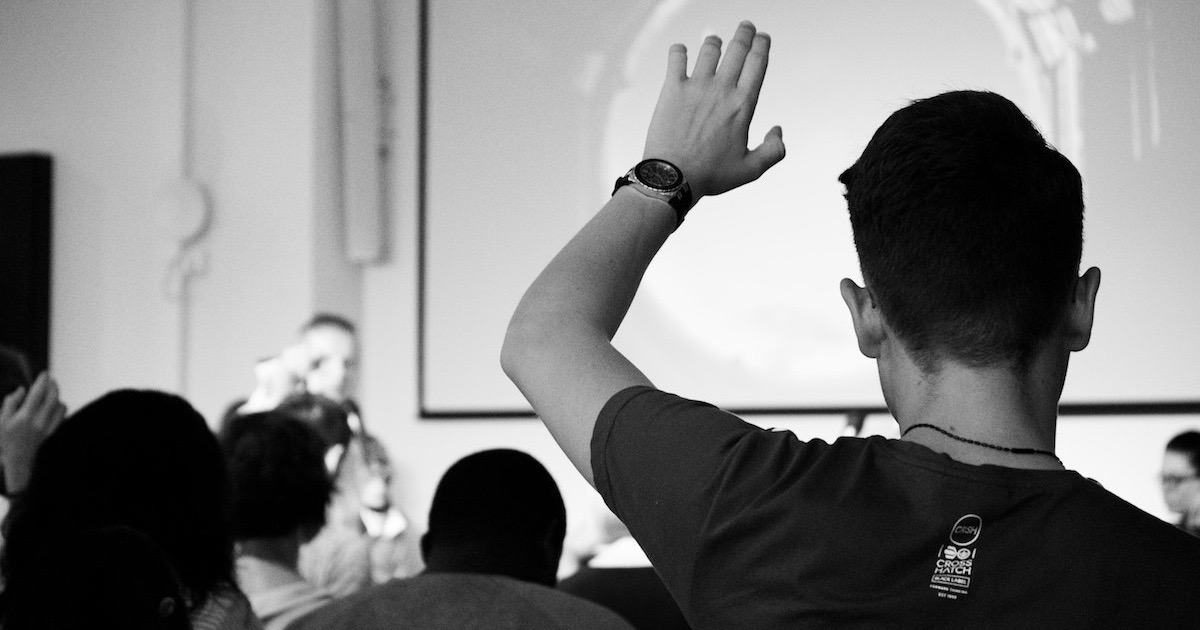 Education
Education
 Free Speech
Free Speech
Breakthrough? Nature Calls for Openness in Science Education


The journal Nature is probably the most prestigious science publication in the world. So coming in their pages, a call for an open attitude in science education is refreshing. If applied to evolution instruction, it would also be an important breakthrough. But don’t hold your breath.
With that caveat, here is Jerry Ravetz, an associate fellow at the UK-based Institute for Science, Innovation and Society. Writing in Nature, he advocates for inquiry-based education.
To Grow in Understanding
If we wish to keep growing in our understanding of the world, we must encourage curiosity, according to Ravetz. From “Stop the science training that demands ‘don’t ask’”:
The philosopher Thomas Kuhn once compared taught science to orthodox theology. A narrow, rigid education does not prepare anyone for the complexities of scientific research, applications and policy. If we discourage students from inquiring into the real nature of scientific truths, or exploring how society shapes the questions that researchers ask, how can we prepare them to maintain public trust in science in our ‘post-truth’ world? Diversity and doubt produce creativity; we must make room for them, and stop funnelling future scientists into narrow specialties that value technique over thought.
He also believes that openness is critical to scientific accuracy and civil policy discussion:
Science students generally remain unaware that concepts such as elements and species are contested or are even contestable. In school, college and beyond, curricula highlight the technical and hide the reflective. Public arguments among scientists often presume that every problem has just one solution. When they were students, these researchers had never learnt that they have a right to be wrong.
And when scientists advise on policy, they are pressured to become attached to official stances on issues, or to shun the responsibility entirely. They then find it difficult to resist dismissing all critics as cranks or ‘denialists’, whose rejection of ‘facts’ is a sign of their depravity. (To be sure, much of science denial is cynical and self-serving.)
Well said! This perspective jibes well with Discovery Institute’s Science Education Policy. (Though his parenthetical swipe at “science denial” seems to take back what he says in the immediately preceding sentences.)
The Nature of Learning
We advocate for students’ learning about the scientific controversy over evolutionary theory, critically analyzing its strengths and weaknesses. Learning, by its very nature, entails a willingness to acknowledge what has been thought and done in the past but also to consider that critically. In science, too, as in other disciplines, we learn best by doing. Therefore the best evolution education is both open and practical.
Ravetz’s call to genuine respectful scientific inquiry in our classrooms is worth heeding. Will the readers of Nature listen?
Photo credit: Felicia Buitenwerf via Unsplash.
